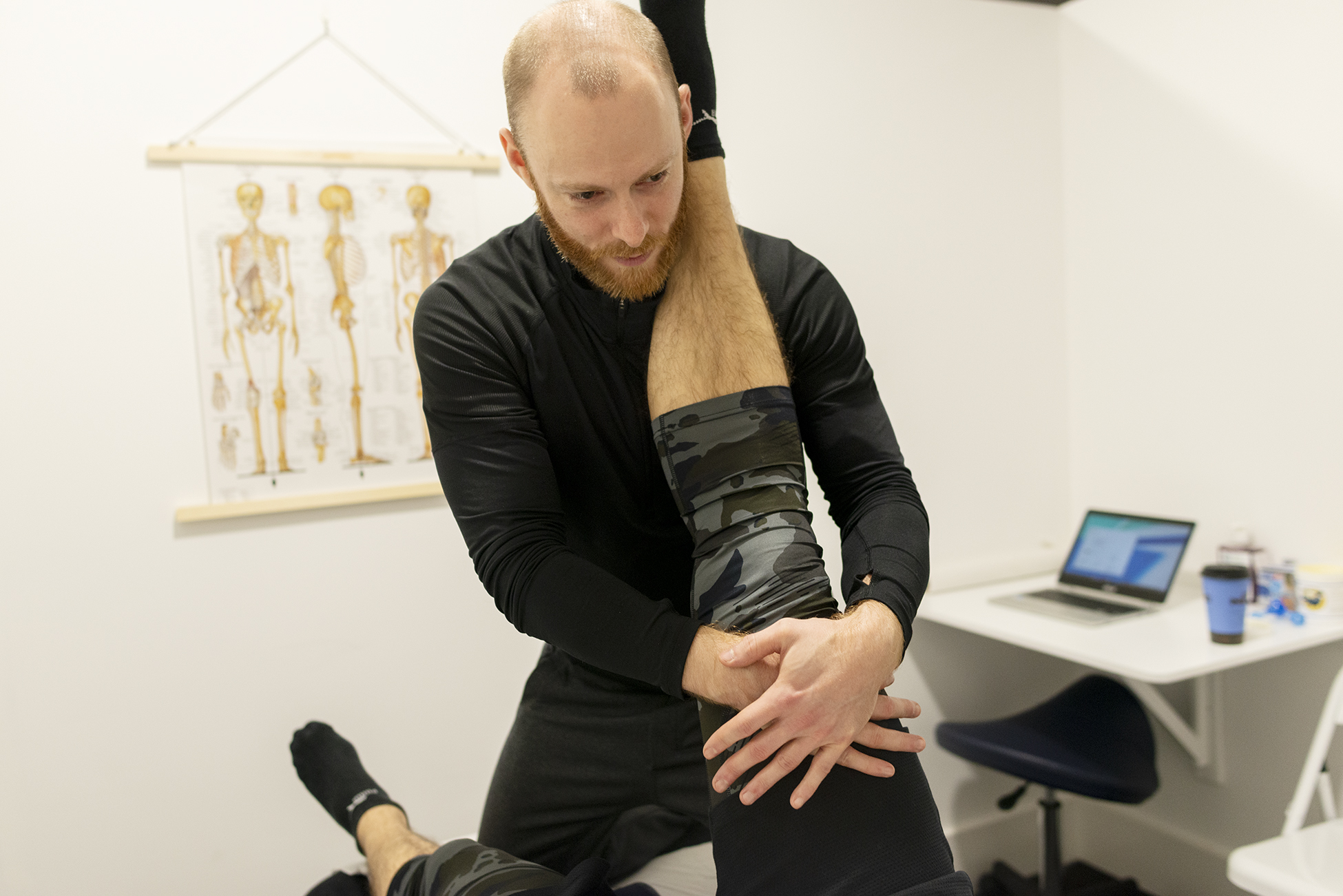What is Sports Therapy?
Sports therapy, a specialized branch of healthcare, plays a pivotal role in the lives of athletes, sports enthusiasts, and individuals recovering from injuries.

As the name suggests, sports therapy is a form of therapy designed specifically for sports-related injuries and performance enhancement. In this article, we delve deep into the world of sports therapy, exploring its definition, benefits, techniques, and the crucial role of sports therapists.
Defining Sports Therapy
At its core, sports therapy focuses on preventing, diagnosing, and treating injuries related to sports and exercise. It encompasses a wide range of techniques and approaches aimed at promoting physical fitness, preventing injuries, and facilitating the rehabilitation process. Sports therapists, highly trained professionals, utilize their expertise to assess injuries, create tailored treatment plans, and guide individuals toward optimal recovery and enhanced athletic performance.
Benefits of Sports Therapy
Sports therapy offers a multitude of benefits, making it an indispensable part of the athletic world. One of its primary advantages lies in injury prevention. Through targeted exercises, stretches, and strengthening routines, sports therapists help individuals build resilience, reducing the risk of injuries during physical activities.
Additionally, sports therapy plays a vital role in injury rehabilitation. Whether it's a sprained ankle, a muscle strain, or a more complex sports-related injury, sports therapists employ various techniques, including massage therapy, electrotherapy, and specialized exercises, to expedite the healing process. These therapies not only alleviate pain but also improve mobility and functionality, allowing individuals to return to their active lifestyles swiftly.
Furthermore, sports therapy is instrumental in enhancing athletic performance. By analysing an individual's movement patterns and identifying areas of improvement, sports therapists design targeted training regimens. These regimens focus on strengthening specific muscle groups, improving flexibility, and enhancing overall coordination, thereby maximizing an athlete's potential and preventing future injuries.
Key Techniques in Sports Therapy
Sports therapists employ a diverse array of techniques to address injuries and promote performance. Massage therapy, a cornerstone of sports therapy, involves manipulating soft tissues to relieve muscle tension and promote relaxation. This technique improves blood circulation, accelerates the healing process, and reduces muscle soreness, making it highly beneficial for athletes and individuals engaged in physical activities.
In addition to massage therapy, sports therapists often utilise electrotherapy. This technique involves the use of electrical impulses to stimulate muscles and promote healing. Electrotherapy is particularly effective in managing pain, reducing inflammation, and restoring muscle function, making it an essential component of sports injury rehabilitation.
Exercise prescription is another crucial aspect of sports therapy. Sports therapists design tailored exercise programmes to target specific muscle groups and enhance overall physical fitness. These exercises not only aid in rehabilitation but also contribute significantly to injury prevention and performance enhancement.
The Role of a Sports Therapist
Sports therapists, with their specialised knowledge and skills, play a pivotal role in the overall well-being of athletes and individuals with sports-related injuries. Their expertise allows them to conduct thorough assessments, accurately diagnose injuries, and formulate personalised treatment plans. Sports therapists work closely with clients, guiding them through each stage of the rehabilitation process and providing ongoing support to ensure a successful recovery.
Moreover, sports therapists collaborate with other healthcare professionals, such as physiotherapists, orthopedic specialists, and fitness trainers, to offer comprehensive care. This interdisciplinary approach ensures that individuals receive holistic treatment, addressing not only the immediate injury but also underlying factors that may contribute to recurrent issues.
In conclusion, sports therapy is a specialised field dedicated to optimising athletic performance, preventing injuries, and facilitating the recovery process for sports-related injuries. Through a combination of innovative techniques, personalised treatment plans, and expert guidance from sports therapists, individuals can embark on a path toward enhanced physical fitness, resilience, and overall well-being. Whether you're an athlete striving for peak performance or someone on the journey to recovery, sports therapy can help you toward a healthier, more active future.